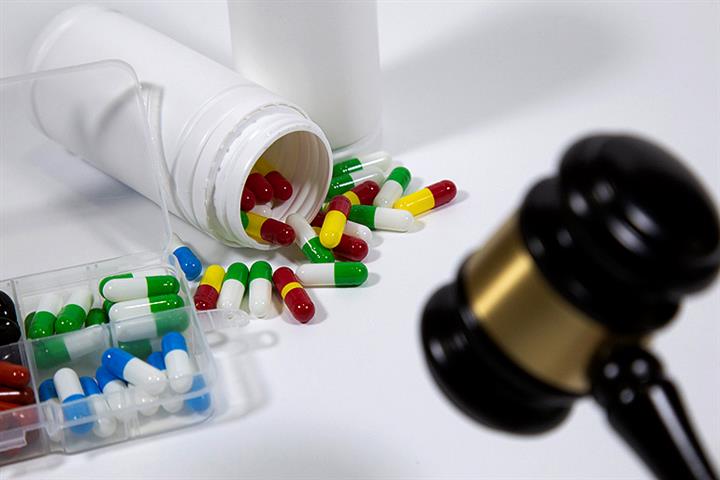 China to Weed Out Drug Price Inflators With New Antitrust Rules for API Developers
China to Weed Out Drug Price Inflators With New Antitrust Rules for API Developers(Yicai Global) Nov. 19 -- China has issued new guidelines to strengthen its anti-monopoly regulation among firms in the field of active pharmaceutical ingredients after penalizing unfair behaviors of at least four such companies this year.
The State Council’s anti-monopoly committee issued the new guidelines yesterday. On the same day, the country established a new bureau to handle antitrust issues. Before this, a department of the State Administration of Market Regulation was supervising the field.
The fresh rules mean that companies which work in the highly concentrated sector of drug material development are expected to be monitored more closely. At least four API manufacturers have been punished since January due to monopolistic behaviors, according to incomplete statistics gathered by Yicai Global.
The violations involve inflated prices. Nanjing-based Ningwei Medicine was fined CNY6.6 million (USD1 million) by Shanghai’s market regulator yesterday for abusing its dominant market position and selling pyraloxime methylchloride at an unfairly high price.
Last month, Shangqiu New Pioneer Pharmaceutical was imposed a penalty of CNY11.1 million (USD1.7 million) by the SAMR for selling phenol API products at unreasonably high prices.
Moreover, Tianjin-based Tianyao Pharmaceutical was fined CNY44 million by the local market regulator in April for a suspected fluocinolone acetoacetate API monopoly.
In January, Simcere Pharmaceutical Group was handed a CNY100 million (USD15.7 million) fine by the SAMR due to violations in the batroxobin concentrate market.
China's API market is highly concentrated amongst a handful of key players. Some 50 of the total of 1,500 types of APIs have only one manufacturer. Some 44 of the tally have two makers and 40 involve three manufacturers, according to public data.
Rising API prices, caused by monopolies, and the government's central procurement program have made it harder for medicine producers to maintain attractive profit margins, while increasing the risk of drug supply disruptions, said an insider at a drug developer.
Editor: Emmi Laine, Xiao Yi